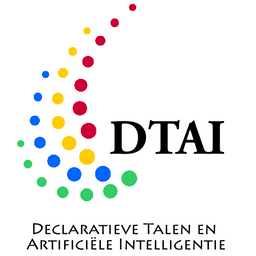Computational Humor: Can a machine have a sense of humor?
Slides
Related projects

GITTA
Discovering textual structures to create generators

Automatic Joke Generation
My master's thesis about "Automatic joke generation: learning humor from examples"

RobBERT Humor Detection
Distinguishing jokes from generated non-jokes, creating the first Dutch humor detectors

SamsonBots
Six mutually-interactive Twitterbots based on Samson & Gert characters

Talk Generator
Automatic slideshow generation about any topic

TorfsBot
Twitterbot automatically imitating Rik Torfs, the previous rector of KU Leuven
